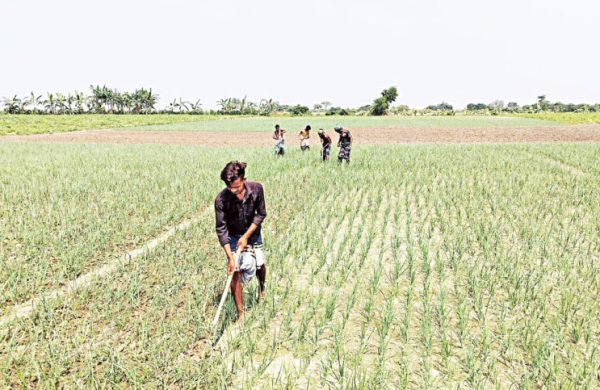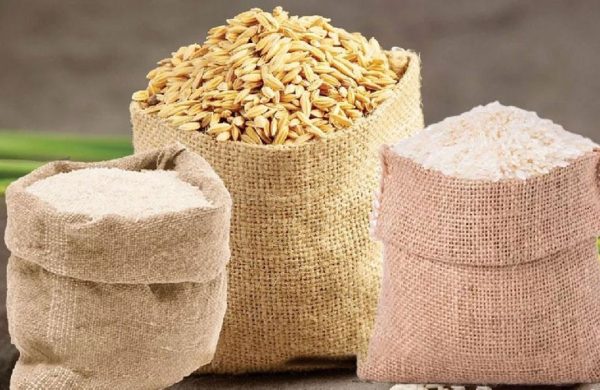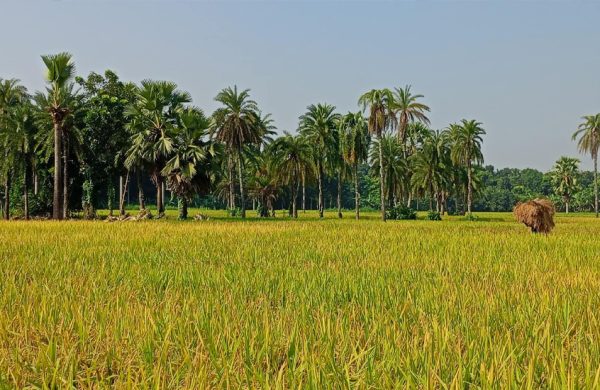Agri product imports fall in FY24
- Update Time : Saturday, July 13, 2024

TDS Desk:
Bangladesh’s imports of essential agricultural commodities witnessed a significant decline in fiscal year 2023-24 compared to the previous year, a trend driven by a confluence of factors.
The dollar crisis, squeezing foreign exchange reserves, and steep price hikes in the international market forced a recalibration of import strategies, according to sector insiders and analysts.
According to import data from the Ministry of Agriculture, Bangladesh imported 11 essential agricultural products in FY24, totaling 87,12,633 tonnes. The country imported 10 agricultural commodities totaling 91,53,599 tonnes in the previous year.
The product list for essential agricultural imports includes wheat, corn, lentils, chickpeas, mung, onions, garlic, ginger, turmeric, cumin, and potatoes. Imports of maize, chickpea, mung, onion, ginger, and potato all declined in the last fiscal year.
Maize imports saw the most significant drop, falling by 17,78,802 tonnes compared to FY23. Chickpea imports fell by 1,21,471 tonnes, mung by 1,00,276 tonnes, onion by 1,45,956 tonnes, and ginger imports fell by 51,937 tonnes in FY24.
Noted agro-economist and researcher Dr Jahangir Alam Khan attributes the decline in agricultural imports to a combination of factors.
“Higher prices in the international market, the dollar crisis, and import-control measures by the government to save foreign currency are the main causes,” he said.
He emphasised the need for an import substitution policy to reduce reliance on imports and encourage domestic production of essential commodities.
“The government should provide support to farmers to increase production and reduce imports,” he said, highlighting the success story of rice.
“Despite import permits, we have not imported any rice in the past two years due to sufficient domestic production.”
According to FAO, Bangladesh is among the top 10 countries producing 22 agricultural products, including rice, lentils, potatoes, onions, tea, and various fruits.
Citing the high prices of import-dependent food products in Bangladesh, the FAO said that per capita consumption of nutritious foods such as cooking oil, meat, and milk is the lowest.
In 2021, Bangladesh imported around 12.5 million tonnes of food products from the global market, according to the UN’s World Food and Agriculture Annual Statistical Booklet 2023, published by the Food and Agriculture Organisation (FAO). This places Bangladesh third among food-importing countries.


















